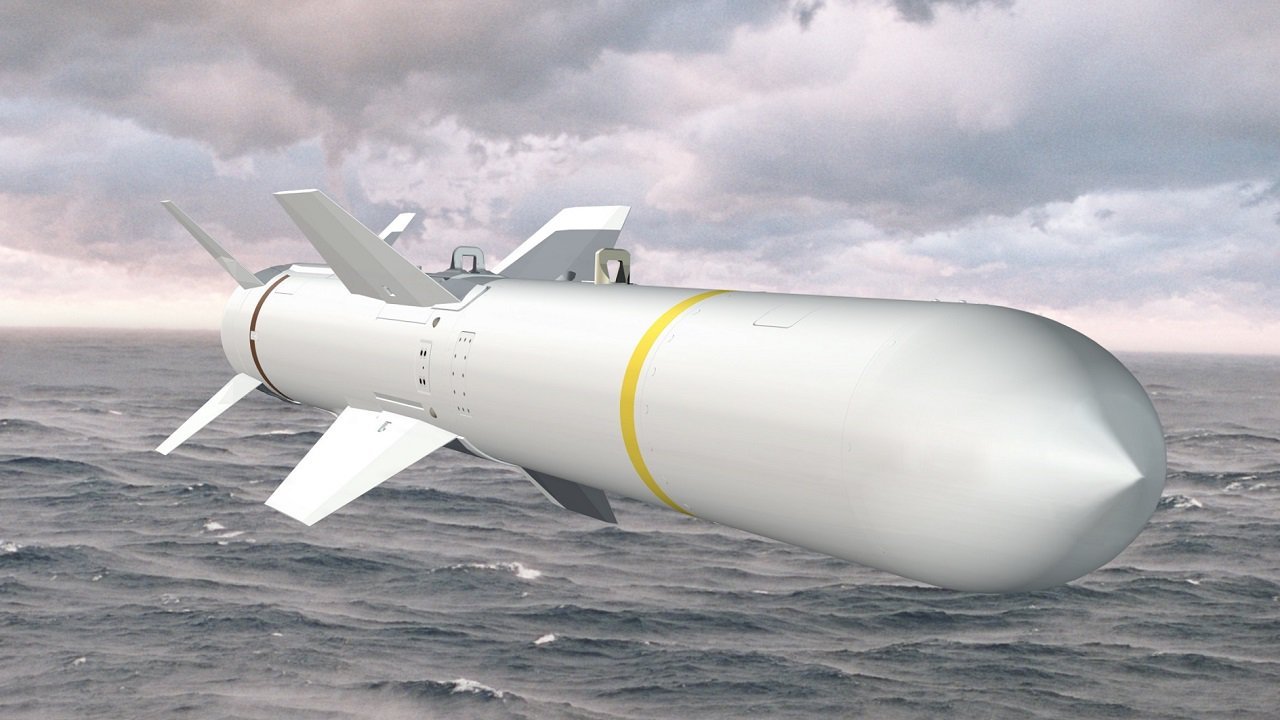The naval war in the Black Sea is heating up, and it looks as if the Ukrainians may have won a significant victory. Russia announced this morning that it would withdraw its forces from strategic Snake Island, a position that it seized at the beginning of the war and that has come to symbolize the course of the conflict. There seems little doubt that Ukrainian forces will soon reoccupy the island.
Strategic Value
Snake Island commands the approaches to three ports in Western Ukraine, making it critical for control of the maritime space in the western Black Sea.
Snake Island also sits near the delta of the Danube River, giving it strategic relevance in any conflict between Russia and NATO.
Russia seized the island in the opening days of the war in a now-famous incident characterized by a Ukrainian soldier rejecting Russian demands for surrender. The cruiser that issued those demands, the RFS Moskva, was later sunk by Ukrainian anti-ship missiles.
Since then Ukraine has taken expensive measures to retake the island, including attacks by drones and fixed-wing fighter-bombers as well as rumored raids by special forces.
Both Russia and Ukraine seem (until yesterday) to have regarded Snake Island as a point of critical strategic importance, making Russia’s claims that it is withdrawing for humanitarian reasons altogether absurd.
Equipment
Part of the story of the Snake Island Campaign involves the transfer of increasingly lethal Western equipment to Ukraine. Although Harpoon, Exocet, and Norwegian Naval Strike missiles did not reclaim Snake Island on their own, they certainly changed the nature of the strategic situation for Russia. Harpoon missiles helped sank a Russian tug that was attempting to deliver supplies to the island last month, and the growing effectiveness of what amounts to Ukrainian shore artillery made it impossible for Russia to reliably reinforce and resupply Snake Island.
Air resupply was out because of the proximity of Ukrainian fighter aircraft and stationary air defenses.
Finally, long-range artillery seems to have played a role. Reports are unclear about the specific artillery systems that Ukraine used to dislodge Russian forces, but long-range artillery would have made the Russian position untenable. This would not require massive amounts of ordnance, simply regular, accurate fire that Russian forces could not answer.
Grain Exports
Unfortunately, the reclamation of Snake Island does not mean that Ukraine has broken the Russian blockade.
Snake Island sits in a strategic position of enormous long-term influence, but the Russian installation was not preventing the export of Ukrainian grain or the delivery of goods to Odessa. Assuming that the attrition of Russian naval vessels does not substantially increase over the next months, Russia can maintain the blockade indefinitely. In particular, Ukraine does not have a good answer for the submarines of the Black Sea Fleet that continue to fire long-range missiles at targets across the country. Theoretically the West could offer anti-submarine warfare technologies, but ASW is among the most complicated of military operations, and the United States and other NATO countries are unlikely to want to give the Russians insight into their ASW technologies and techniques.
Sadly, most of the options for breaking the blockade (including the announcement of a safe corridor, or the reflagging of ships in transit to Ukraine) remain bad and sport significant escalation dangers.
Wrap
And so the naval war continues, even though only one combatant still has a navy. In an unsurprising development, Ukraine has attacked Russian oil platforms in the Black Sea, indicating the capability and willingness to inflict pain on Russia (not to mention the local environment). Russia continues to use its submarines to maintain the blockade and to launch missiles against Ukrainian land targets.
This war will not be decided at sea, Ukraine’s recent victories notwithstanding, but the outcome of fighting at sea will undoubtedly have an impact on the course of the war on land.
Expert Biography: Dr. Robert Farley, a 19FortyFive Contributing Editor, has taught security and diplomacy courses at the Patterson School since 2005. He received his BS from the University of Oregon in 1997, and his Ph.D. from the University of Washington in 2004. Dr. Farley is the author of Grounded: The Case for Abolishing the United States Air Force (University Press of Kentucky, 2014), the Battleship Book (Wildside, 2016), and Patents for Power: Intellectual Property Law and the Diffusion of Military Technology (University of Chicago, 2020). He has contributed extensively to a number of journals and magazines, including the National Interest, the Diplomat: APAC, World Politics Review, and the American Prospect. Dr. Farley is also a founder and senior editor of Lawyers, Guns and Money.

